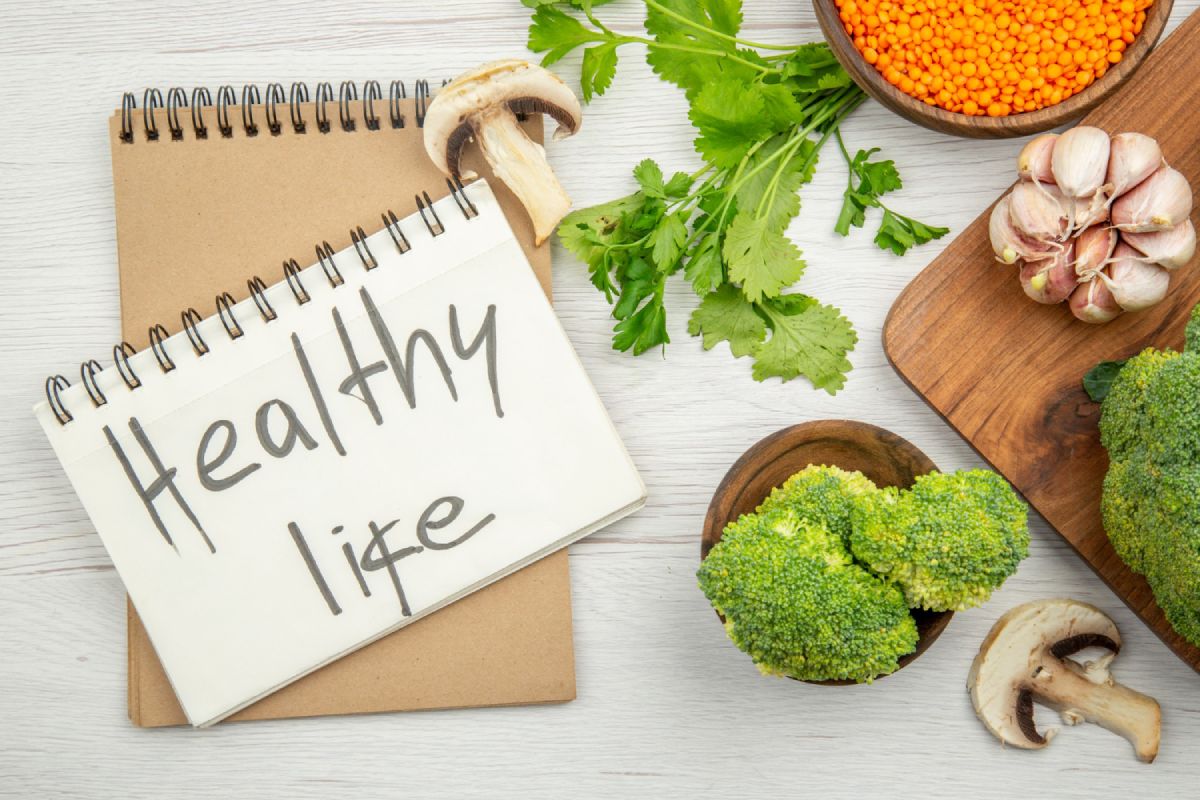
The Benefits of a Plant-Based Diet and How to Transition
A plant-based diet is now popular around the world. People care more about their health, the environment, and ethical food choices. Are you thinking about a vegan lifestyle or reducing animal products? Knowing the key plant-based diet benefits can help you succeed.
This way of eating is linked to lower risks of heart disease, diabetes, and obesity. It also supports digestion with fibre-rich foods and provides essential vitamins and minerals. Beyond health, plant-based diets reduce environmental impact by lowering carbon emissions and conserving water. Whether going fully vegan or adding more plant-based meals, making informed choices can lead to a healthier, more sustainable lifestyle; read our blog to learn how to start eating a plant-based diet.
The Health Benefits of a Plant-Based Diet

One of the main reasons people adopt a plant-based diet is its numerous health benefits. Scientific research consistently supports the positive impact of plant-based eating on overall well-being.
Improved Heart Health
A diet rich in fruits, vegetables, whole grains, and legumes can lower the risk of cardiovascular diseases. Plant-based diets are lower in saturated fats and cholesterol. This helps lower blood pressure and boost heart function.
Weight Management and Obesity Prevention
Switching to a vegan lifestyle can help you lose weight and maintain a healthy BMI. Whole plant foods are lower in calories and high in fibre, which enables you to feel full longer. This can cut down on unnecessary snacking.
Reduced Risk of Chronic Diseases
Research shows that a plant-based diet can lower the risk of type 2 diabetes, cancers, and neurodegenerative diseases. Plants contain antioxidants, vitamins, and minerals, which help fight inflammation and boost immune function.
Better Digestive Health
A diet high in fibre helps maintain a healthy gut microbiome. This can lower the chance of constipation, bloating, and other digestive problems. Legumes, whole grains, and vegetables provide prebiotics that feed beneficial gut bacteria.
Increased Energy and Mental Clarity
A diet high in plant-based whole foods provides steady energy levels throughout the day. Many people say they feel more focused and clear-minded after going vegan.
The Environmental and Ethical Impact of a Plant-Based Diet
Here are the environmental and ethical impacts of a plant-based diet:
Reduced Carbon Footprint
Animal agriculture is one of the leading causes of greenhouse gas emissions. A plant-based diet helps people cut their carbon footprint and supports a more sustainable planet.
Conservation of Natural Resources
Livestock farming requires vast amounts of water and land. Choosing plant-based foods helps us save valuable resources and supports global food security.
Ethical Considerations
For many, the vegan lifestyle is a moral choice. Avoiding animal products helps reduce the demand for factory farming and promotes animal welfare.
How to Start Eating Plant-Based: A Step-by-Step Guide
Transitioning to a plant-based diet does not have to be overwhelming. Taking gradual steps can help make the process smoother and more sustainable.
Start with Small Changes
Rather than eliminating all animal products immediately, incorporate more plant-based meals into your diet. Try Meatless Mondays or swap dairy milk for plant-based alternatives like almond or oat milk.
Focus on Whole Foods
Prioritise whole foods such as fruits, vegetables, legumes, nuts, and seeds. These provide essential nutrients and help maintain a balanced diet.
Experiment with New Recipes
Explore plant-based recipes to make meals enjoyable and diverse. Try dishes like chickpea curry, lentil soup, or vegetable stir-fry.
Educate Yourself on Nutrient Needs
Add and provide different plant-based foods to provide enough protein, iron, calcium, and vitamin B1s. Good options are tofu, lentils, nuts, and fortified foods.
Find Plant-Based Alternatives
Many plant-based options taste and feel like meat and dairy, making switching easier. Look for plant-based burgers, dairy-free cheese, and egg substitutes.
Read Food Labels
Check ingredient lists for hidden animal products. Common non-vegan additives include gelatin, whey, and casein.
Join a Supportive Community
Engaging with like-minded individuals can make the transition enjoyable. Join online forums, social media groups, or local meet-ups focused on plant-based living.
Overcoming Common Challenges When Going Plant-Based

Here is how you can overcome common challenges when choosing a plant-based diet:
Dealing with Cravings
Cravings for familiar foods are usual. Plant-based options or making favourite meals with plant ingredients can help cut cravings.
Dining Out
Eating out while following a plant-based diet is easier than ever, with many restaurants offering vegan options. Research menus beforehand or ask for modifications.
Social Situations
Navigating social gatherings can be challenging at first. Let friends and family know about your dietary choices in advance and offer to bring a plant-based dish to share.
Ensuring Proper Nutrition
A well-balanced vegan lifestyle should include a variety of plant foods to meet nutritional needs. Consulting a registered dietitian can provide personalised guidance.
Embracing the Plant-Based Lifestyle

Adopting a plant-based diet offers numerous health, environmental, and ethical benefits. Whether you aim to go fully vegan or simply increase your intake of plant-based foods, small, consistent steps can lead to lasting change. Enjoying whole foods, trying new recipes, and finding community support can make veganism fun and rewarding.
Key Takeaways:
- A plant-based diet has many benefits. It can improve heart health, help with weight management, and lower the risk of chronic diseases.
- Choosing plant-based foods helps lower your environmental footprint and promotes ethical food choices.
- Start small when switching to a vegan lifestyle. Try new recipes and focus on getting the proper nutrition.
- You can beat cravings and handle social situations with good prep and support.
Following these steps, you can successfully transition to a plant-based diet and enjoy its many benefits! Start today with a straightforward swap and experience the positive impact on your health and the planet!


